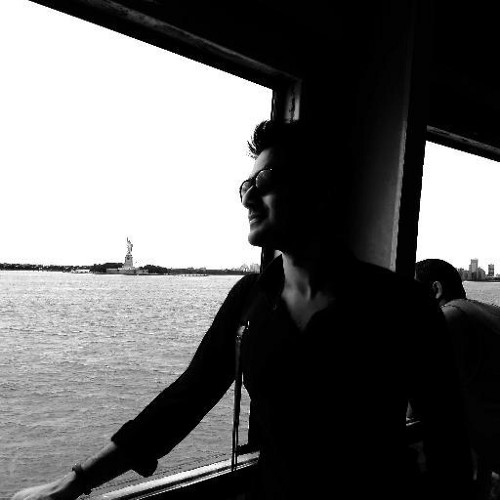Most of us find excuses for not having enough time to volunteer, pursue our hobbies and even spend time with our families. We tend to blame it on our busy schedules, but this time famine is also a clear indicator of our priorities. The truth is that we have been seduced by the charms of busy life and a pre-occupied mind. Blank spaces are uncomfortable and time to pause seems unreasonable, perhaps because we have developed a chronic fear of being left behind. The Coronavirus crisis demonstrates it clearly.
Far from slowing down, many of us have pushed ourselves into even more demanding schedules. We feel compelled to conquer the Coronavirus crisis by accomplishing more than we are usually satisfied with. INSEAD Business School’s Professor of Organizational Behavior Dr. Gianpiero Petriglieri calls it panic working.
Working extra hard provides an illusion of control in times of crises when things are falling apart. Obsessive work and hyper-productivity also offer a false sense of comfort. It is a form of defense mechanism where we desperately try and hold on to the world we once knew. Indirectly we are trying to prolong our denial and work ourselves into numbness.
Although panic working temporarily shields us from feeling out of control, it comes at a high price. We lose our ability to experience things as they are and connect with people. In other words, we subdue our empathy and compassion to create a false sense of order in our lives.
During times of crises we need to focus on helping others, figure out what our community members need, and attempt to make a difference to their lives. Health workers in UK, France, Italy, Iran and other countries are now being hailed as the heroes of the Coronavirus crisis because they are working relentlessly to keep all of us safe.
While health workers are spending many more hours at work, it isn’t what Dr. Petriglieri calls panic working. They are working to address our panic and they are perhaps doing the most meaningful and most professionally satisfying work of their career. Therein lies an important lesson for us: in times of crises, it helps to shift focus from our own suffering to that of others. By doing so we not only make a difference, we also end up doing some of our best work.
Based on a survey conducted on Network Capital, almost 70% of the 940 responders said that they were working more under the Coronavirus lockdown. Not everyone who is working more than usual is panic working, but it is easy to slip into the denial mode where we go on hustling pretending nothing happened.
If you identify as someone who is panic working through the Coronavirus crisis, it might be time to take a short pause to reflect on what matters to you and why. You don’t necessarily need to prove to yourself of the world that you outworked the virus. It is perhaps time be kind to yourself and accept that these are extraordinary times. Disorientation, agitation and anxiety are natural byproducts. These feelings can’t be swept under the rug by beating self-imposed deadlines and accomplishing challenging professional goals.
Crises tend to crack us open and reveal who we are to our own selves. This Coronavirus crisis will be etched in our memories long after we have found its cure but what we will remember the most is how we felt, what we did and who we served. I am sure we won’t want to look back and identify as the generation that got so busy panic working that it missed being shaped by it and forgot helping those who needed it the most.


